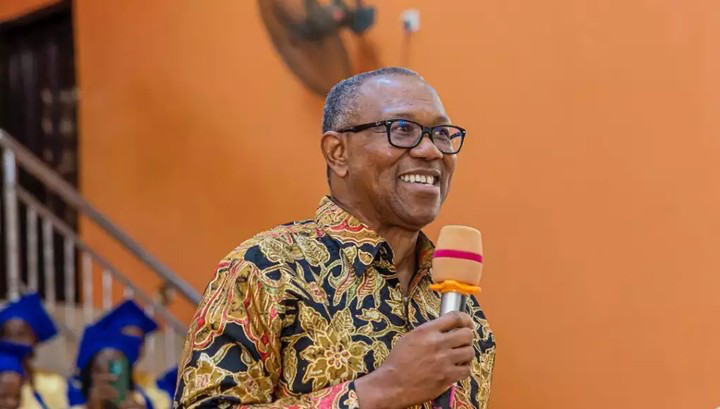Peter Obi, former governor and presidential candidate, has called on the Federal Government to diversify port development beyond Lagos, following the approval of $1 billion (approx. N1.5 trillion) for the modernisation of the Apapa and TinCan Island Ports.

Obi made the call via a statement on his official X account on Friday, stressing the need for equitable infrastructure investment across Nigeria’s maritime sector.
While acknowledging that modernising Lagos ports is commendable, Obi warned that the country’s heavy concentration of port activities in Lagos creates chronic congestion, high demurrage costs, and environmental pressures that undermine trade efficiency.
He argued that other strategic ports, including Warri, Port Harcourt, Calabar, and Onne, remain underdeveloped, despite their potential to stimulate regional economies, create jobs, and reduce pressure on Lagos.
“I have noted the Federal Government’s recent approval of $1 billion (N1.5 trillion) for the modernisation of the Apapa and TinCan Island Ports in Lagos. While any effort to improve efficiency and embrace technology in our maritime sector is commendable, such an initiative must be guided by accountability, transparency, and equity for all Nigerians. However, this development once again exposes a longstanding concentration of our port development only in Lagos.
“Nigeria’s infrastructure investment remains excessively concentrated in Lagos, often at the expense of other strategic ports such as Warri, Port Harcourt, Calabar, and Onne. If fully developed, these ports could enhance productivity, drive trade, create jobs, and open new economic corridors that would lift millions out of poverty across the federation,” the statement read in part.
Obi highlighted global examples of decentralised port systems, citing Vietnam’s 300 ports, Indonesia’s 111 commercial ports, and South Africa’s eight major seaports, noting that these countries benefit from nationwide connectivity, improved logistics, and balanced economic growth. Even Ghana, with only two major ports, ensures they are geographically spread to maximise efficiency.
He further stressed that beyond physical infrastructure, reforms must tackle corruption, reduce bureaucracy, and embrace technology to create a seamless, paperless port system that improves turnaround times and global competitiveness.
Obi emphasized that if prudently managed, the Lagos modernisation could serve as a model for broader maritime transformation across the nation.
He also called for fairness and equity in Nigeria’s infrastructure planning, arguing that a truly national blue economy must involve every region and shift the country from one driven by consumption to one focused on production and shared prosperity.






